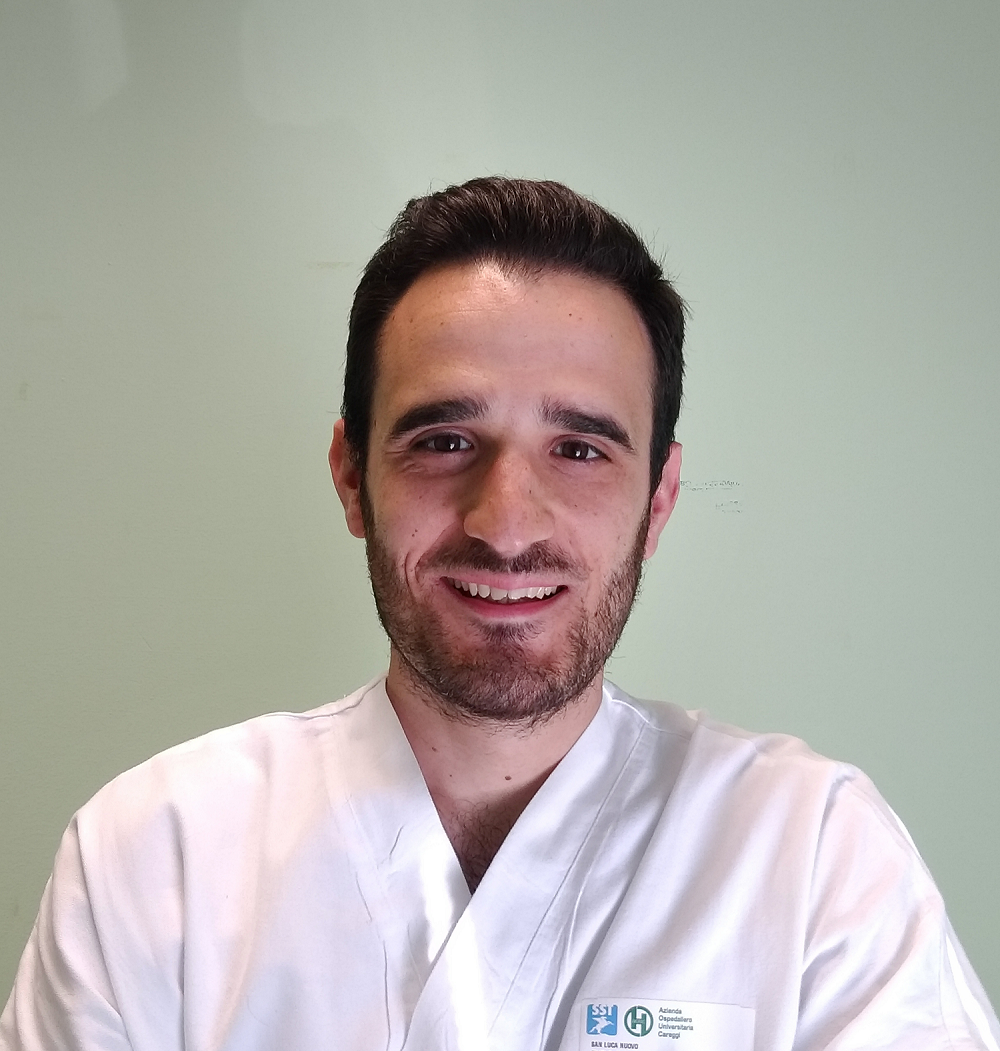ECCO Grant Study Synopsis: Gabriele Dragoni
Gabriele Dragoni, ECCO Grant Awardee
Role of PADI4 in Crohn's disease: the citrullination of proteins in the transition from inflammation to fibrosis
 Gabriele Dragoni Gabriele Dragoni© Gabriele Dragoni |
Aim of research
Citrullination is a post-translational modification of proteins, mediated by enzymes called PADs (peptidylarginine deiminases). PAD4 has recently been shown to citrullinate histone 3 (H3cit) in the nucleus, leading to the expulsion of extracellular traps from neutrophils (NETs), whose presence in Crohn’s Disease (CD) is debated.
The aim of this project is to investigate the role of PAD4 in inflammatory and fibrotic contexts of ileal CD.
Methodology/experiments that will be used
Ileal transmural samples from patients operated on for stricturing CD will be analysed. Three different areas within each resection (healthy, inflamed and fibrotic) will be selected and histologically confirmed.
For each region, RNA and protein evaluations for PAD4 will be performed. Multiplex immunofluorescence (IF) for PAD4, myeloperoxidase, neutrophil elastase, CD68, H3cit, vimentin and alpha-SMA and subsequent computational reconstruction will be carried out on slides from the same areas to investigate the enzyme-expressing cells.
In vitro co-cultures of intestinal fibroblasts with NETs will be carried out to test a potential stimulating effect of traps. In the event of positive results, an in vivo model of chronic DSS colitis will be used for the purpose of confirmation.
Anticipated main impact
The presence and the role of NETs in Ulcerative Colitis inflammation have already been demonstrated. We expect that these traps may have the same role in the context of ileal inflammation in the context of CD, as well as acting as a trigger of fibroblast activation, as shown in the lung.
If the role of NETs is also confirmed as crucial in intestinal fibrosis, blocking the activity of PAD4 could permit the control of both inflammation and fibrosis, thus offering an intriguing potential option for dual-target therapy.
Proposed timeline
Patient recruitment, RNA and protein measurement, and IF analysis were carried out in 2019 at University Hospitals Leuven and the TARGID Department of KU Leuven, Belgium.
In vitro stimulation is currently ongoing in Florence, Italy, and final results are expected in the next few months, when in vivo confirmation will begin.


